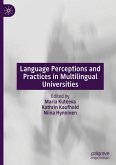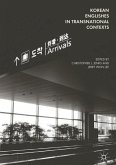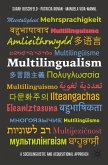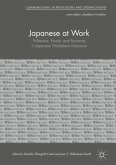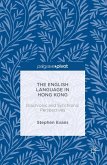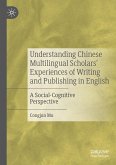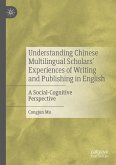This book examines language contact and shift in Nepal, a multilingual context where language attitudes and policies often reflect the complex socio-cultural and socio-political relationship between minority, majority and endangered languages and peoples. Presenting the results of a 15-year study and making use of both quantitative and qualitative data, the author presents evidence relating to speakers' opinions and perceptions of mother tongues including English, Hindi, Nepali, Sherpa, Dotyali, Jumli and Tharu. This book explores an under-studied part of the world, and the findings will be relevant to scholars working in other multilingual contexts in fields including language policy and planning, language contact and change, and language attitudes and ideologies.

